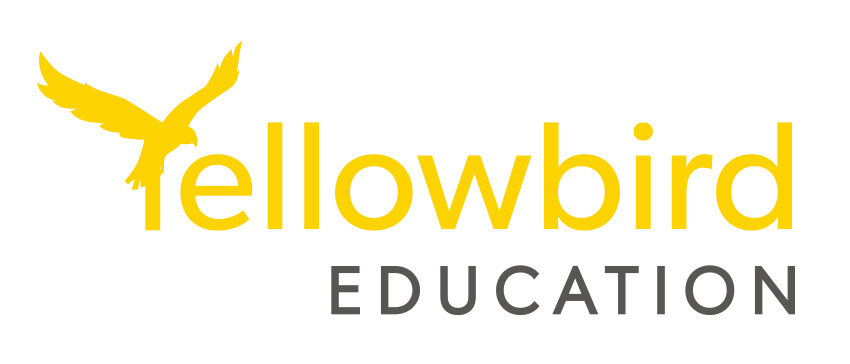KEY PHRASES
Remember Comprehension means Understanding. The examiners want to know if you have understood the question as well as the passage.
Watch out for these key phrases in the questions and answer them correctly:
1. ‘in your own words’
2. ‘with reference to the passage’
3. ‘use evidence from the passage to support your answer’
If you see any of these in question then watch out! This is what they mean and how to answer them:
1. ‘in your own words’: rephrase the relevant part of the passage, but do NOT quote or use the words used in the text.
For example, if the text says: ‘The ship’s captain was a strong, silent man with a neat white beard and the crystal blue of the sea in his eyes.’
Don’t write: ‘The captain was strong and silent with a neat white bread and his eyes were crystal blue like the sea.’
Why? Because you have used silent, crystal, strong, white and sea in your answer.
Try to make it more you: ‘The captain hardly ever spoke. He was a big man with a clipped beard that covered his chin like snow and his eyes were clear and pale blue like the sea.’
2. ‘with specific reference to the passage’: they want actual references or reasons using evidence from the words in the text.
For example, don’t just say: the ship was sinking, say, the ship was sinking because of something (give the precise reason why). You can use words from the passage here, but remember to put speech marks if you use the exact words.
So your answer could be written:
either: The ship was listing badly to starboard and sinking because it had hit an iceberg and had was holed under the waterline. (words taken from the text: listing, starboard, holed, waterline).
or: The ship was, “Listing to starboard and sinking,” because it had been, “Holed beneath the waterline by an iceberg.”
3. ‘use evidence from the passage to support your answer’: When answering this question always quote from the passage as in the second example above.
REMEMBER to look at the number of marks: you may need more than one example and/or quote for the answer.
© Yellowbird Education. Exam Help 11+ English 3.







